"This is a mistake": House Democrats fume at David Hogg's plan to oust lawmakers
Democratic National Committee vice chair David Hogg's plan to spend $20 million to primary older Democratic incumbents in Congress has sparked intense anger from some lawmakers.
Why it matters: House Democrats told Axios that, while Hogg is not targeting battleground-district members, they believe he will divert attention and resources away from their races and the fight to retake the House.
- "What a disappointment from leadership. I can think of a million better things to do with twenty million dollars right now," swing-district Rep. Hillary Scholten (D-Mich.) told Axios.
- "Fighting Democrats might get likes online, but it's not what restores majorities," she added.
- Another vulnerable House Democrat, speaking on the condition of anonymity to offer candid thoughts about a top party official, called the plan "very counterproductive and counterintuitive" and said "it would sure be nice to have some of that financial support."
State of play: Hogg told the New York Times that his outside group, Leaders We Deserve, will spend $20 million to elect younger primary challengers to older incumbents in safely Democratic districts.
- The 25-year-old gun control activist described a "culture of seniority politics" that has made the Democratic Party less effective.
- He also attempted to front-run some of the criticism he said he expected to face, predicting a "a smear campaign against me" that would aim to "destroy my reputation and try to force me to stop doing this."
- Axios did not receive a response to a request for comment to Leaders We Deserve.
What we're hearing: Democrats' anger boiled over in private this week, with several venting that Hogg is putting his own interests above those of the party.
- "I think this is a mistake," said a second House Democrat who spoke anonymously. "Now, are people pissed? ... I don't know a single person who is happy about it."
- A third told Axios it "seems inappropriate for a DNC vice chair to threaten sitting Dems."
- A fourth said they are "totally dumbfounded" that "instead of focusing on [winning], we're focusing inward in a circular firing squad."
Yes, but: Some lawmakers, particularly progressives, are defending his plan, arguing that the party needs an effective core in order to appeal to voters.
- "He makes some good points. We do have some ranking members who should step aside," said Rep. Jim McGovern (D-Mass.),
- McGovern, the ranking member of the House Rules Committee, added that Democrats also "have some long term members who are terrific."
- A fifth House Democrat who spoke anonymously said Democrats "should have the most effective members right now. Competition is not a bad thing," though they argued age shouldn't be the only criteria.
Between the lines: Hogg's efforts touch on a sore spot for congressional Democrats.
- The party engaged in a three-week fight in 2024 over President Biden's candidacy that ended with the then-81-year-old dropping off the ticket.
- Democrats' generational divide poured into the post-election period with the ousters of several of their septuagenarian House committee leaders.
- Now congressional Democrats are bracing for a deluge of primary challenges from younger insurgents who say older and more established incumbents aren't effective foils to President Trump.
Zoom in: Some lawmakers also argued that Hogg's efforts could have a less-than-devastating effect, depending on who he targets.
- "Money matters," said Rep. George Latimer (D-N.Y.), who defeated former Rep. Jamaal Bowman (D-N.Y.) in an expensive primary last year.
- But, he added, "A representative who is active locally, knows their people, is accessible and energetic, is far less vulnerable to the 'we need change' argument generated from a source outside that local area."
- Several lawmakers also told Axios that some targeted incumbents are expected to retire anyway: "That's gonna happen naturally," said one.
What to watch: House Minority Leader Hakeem Jeffries (D-N.Y.), in keeping with his longstanding policy, is standing behind his incumbents.
- "Leader Jeffries will continue to strongly support all of his colleagues in the House Democratic Caucus, while working to flip the majority by defeating Republican incumbents in Congress," said spokesperson Justin Chermol.
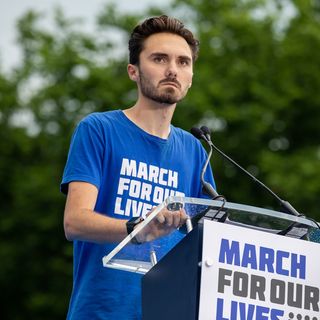

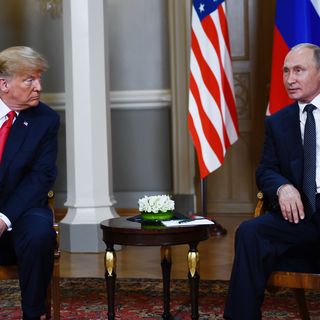



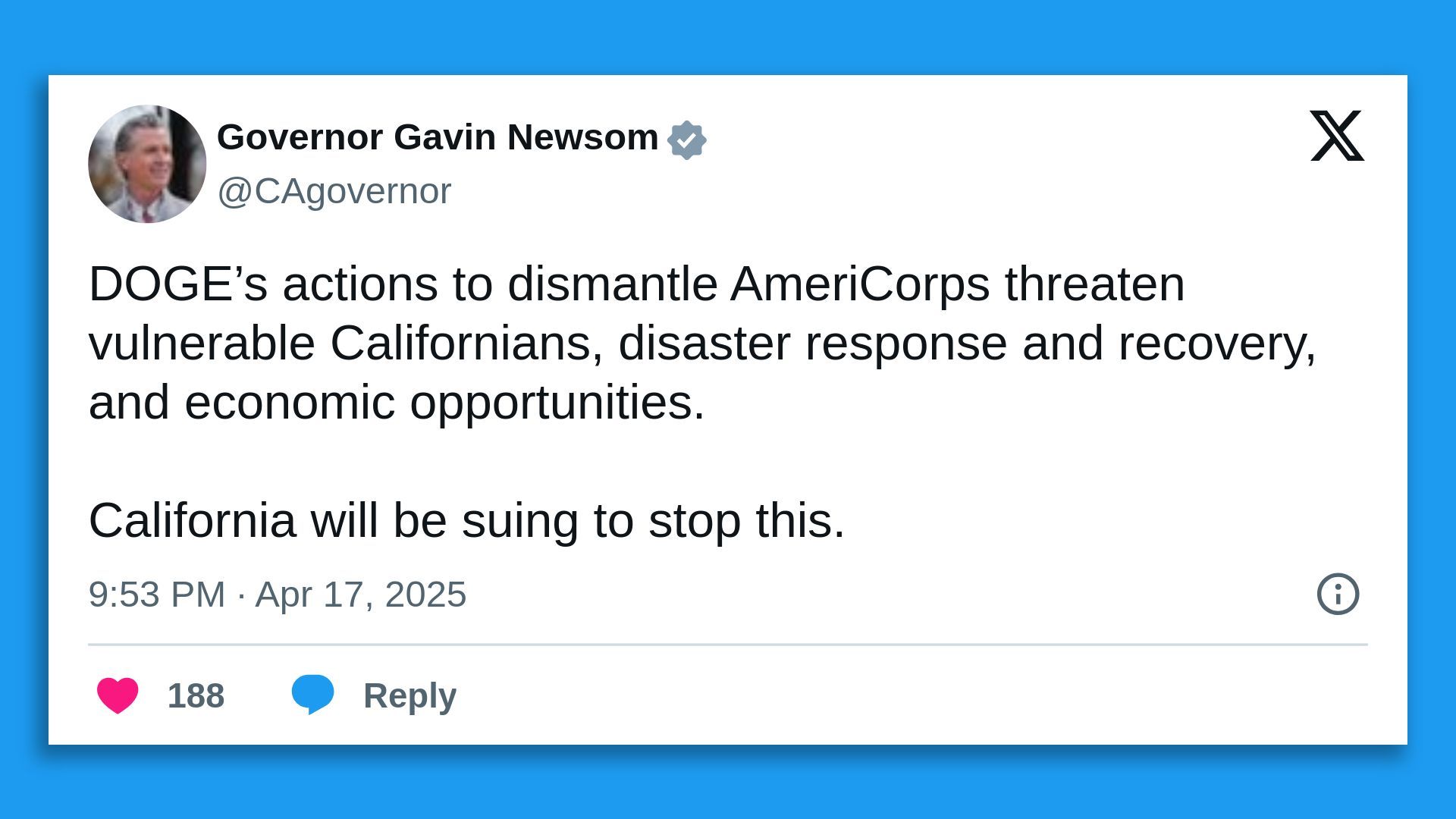
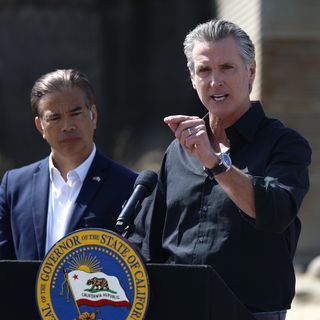

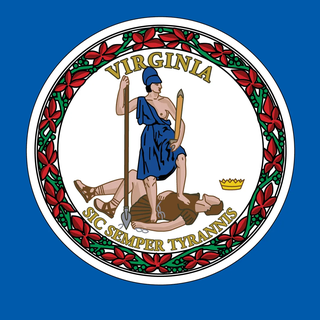



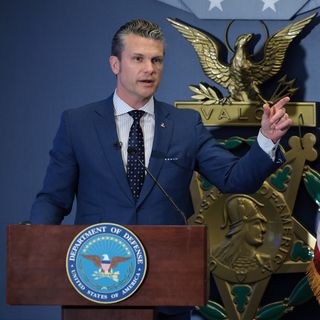



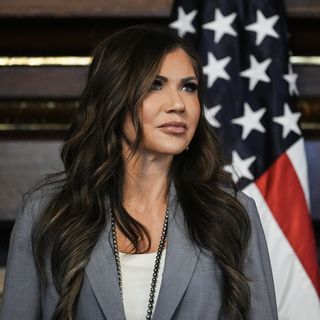



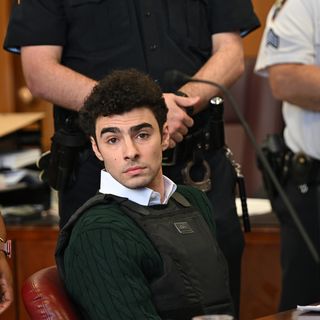

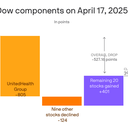



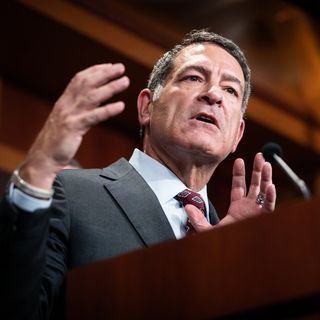

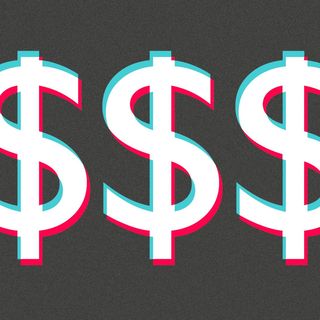

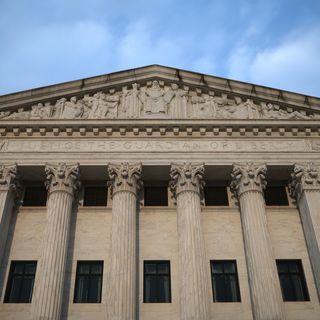

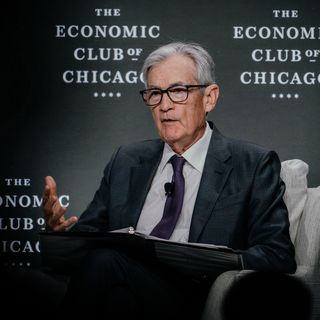



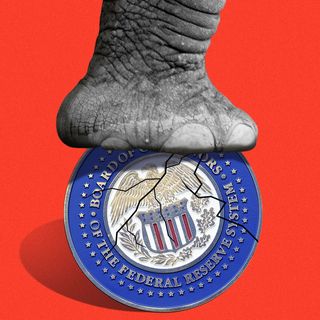


/2025/04/16/1744827478813.gif)